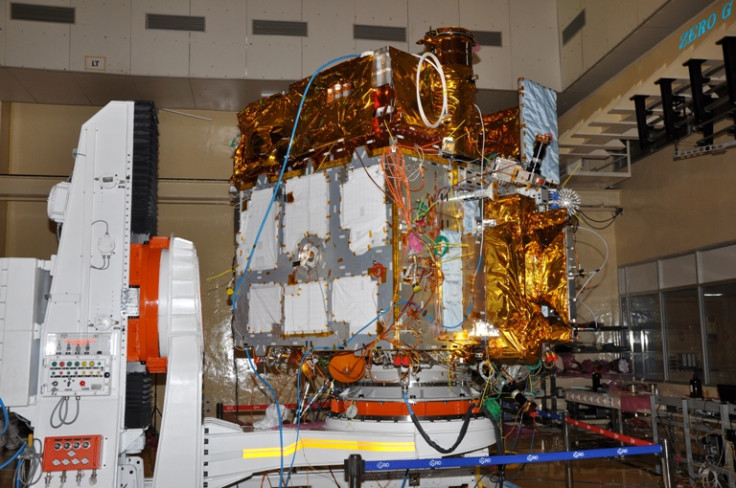India successfully launches Astrosat, its first Hubble-like space telescope

India has launched the Astrosat, the country's first Hubble-like space research observatory, along with six other satellites. The 1,513-kg astronomical satellite was successfully launched into space via the Polar Satellite Launch Vehicle (PSLV) C-30 from the southern Indian barrier island of Sriharikota in Andhra Pradesh.
Astrosat is India's first dedicated satellite for astronomy missions and has an expected lifespan of five years. It will help scientists in exploring celestial objects and learn more about the evolution of stars and galaxies.
Twenty-five minutes following the successful liftoff, the satellite was placed into orbit almost 650kms above the surface of the earth. Four American nanosatellites, a nanosatellite from Canada, and a microsatellite belonging to Indonesia were also injected into space along with Astrosat.
"The mission is successful. It is a well-professed and synchronous effort. It's a hard earned gift," said Kunhikrishnan, director of Satish Dhawan Space Centre, which coordinated the launch.
The mission of the satellite is to study distant celestial objects and carry out extensive analyses of the star systems in the universe. The project cost about Rs1.78bn (£17.6m).
"This is the first time we are launching a dedicated astronomy mission. This is a unique mission because … we have a very wide band of astronomical observation with sophisticated instruments with good resolution and specifications," said Suryanarayana Sarma, project director of Astrosat at the Indian Space Research Organisation (ISRO).
The payloads will start working on 5 October – the eighth day of the launch. ISRO also said the astronomy satellite will observe the universe in optical, ultraviolet low and high energy X-ray regions of the electromagnetic spectrum. India becomes the fifth state after the US, Japan, Russia, and Europe to have its own space observatory. This is also the first time an Indian rocket is launching an American satellite.
© Copyright IBTimes 2025. All rights reserved.






















